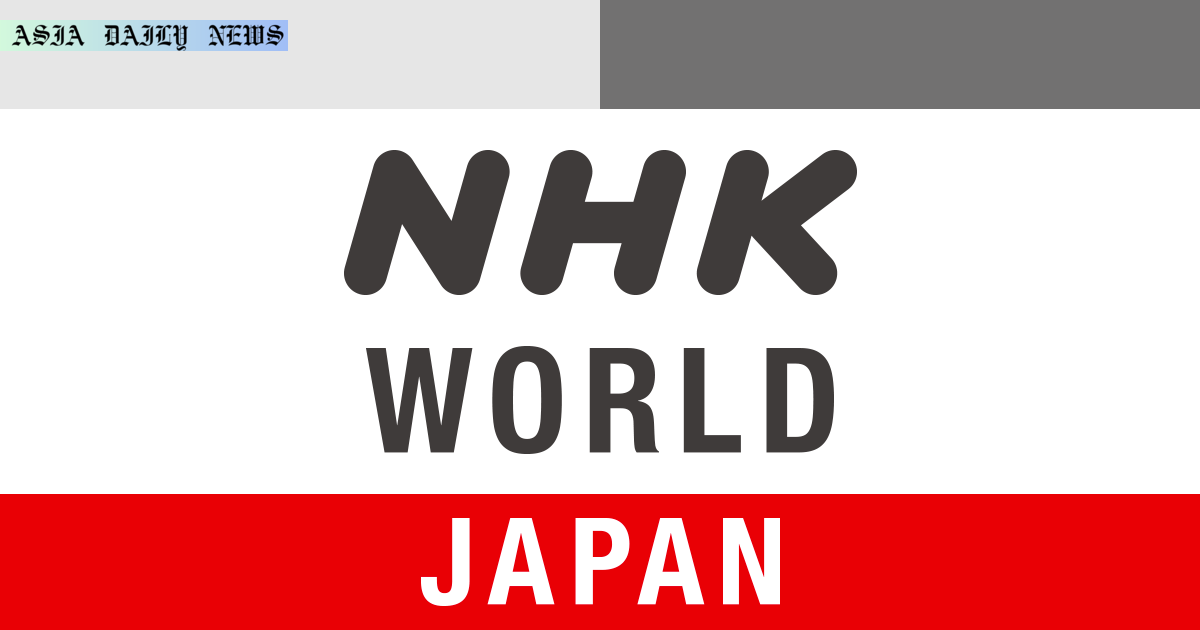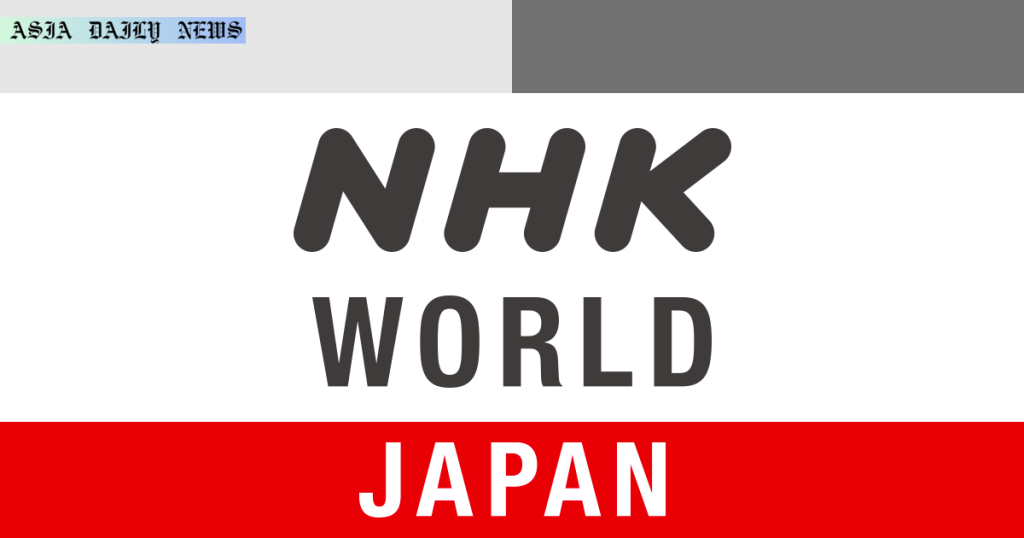Iris Ohyama plans $13M investment in U.S. production to strengthen supply chain and competitiveness, tackling US-China trade friction.

Background of Iris Ohyama’s Expansion
Iris Ohyama, a leading Japanese manufacturer known for household goods, is taking a significant step toward enhancing its operation capabilities in the United States amid escalating trade tensions between Washington and Beijing. The company announced its plans to invest approximately $13 million in its U.S. subsidiary, Iris USA, to expand the plastic-molding business across its four local factories. This major development signifies the company’s strategic pivot from its traditional dependence on Chinese manufacturing hubs to a more diversified production chain.
Strategic Importance of the Expansion
Having established ten factories in China, which produce appliances, storage containers, and other products, Iris Ohyama has long been a key player in the global household goods market. However, the ongoing trade war and subsequent tariffs between the U.S. and China catalyzed the firm’s decision to re-strategize. By investing in production within the U.S., the company aims to mitigate rising costs, circumvent severe supply chain disruptions, and ensure a seamless flow of goods into its American market. This expansion also includes the addition of surgical mask manufacturing and pet sheets production, showcasing Iris Ohyama’s adaptability to shifting market demands.
Strengthening U.S. Supply Chains
This expansion plan is more than just an economic move; it underscores the company’s commitment to solidifying its foothold in international markets through resilient supply chains. U.S. plants are set to act as a significant buffer against the uncertainties introduced by trade disputes. The additional facilities will ensure that American consumers continue to have access to affordable, high-quality products while reducing dependency on volatile cross-border trade.
Broader Implications for the Industry
As multinational corporations continue to adapt to the US-China trade fallout, Iris Ohyama’s proactive response serves as an excellent blueprint for others in the industry. Diversification of manufacturing locations not only strengthens businesses against geopolitical uncertainty but also boosts domestic economies by creating jobs and enabling technology transfers. This move emphasizes the importance of localized production strategies to weather global market volatility.
Looking ahead, Iris Ohyama’s $13 million investment sets a strong precedent. Its aim to enhance product availability, coupled with its strategy to innovate and meet new consumer demands, is poised to significantly bolster its competitiveness on a global scale.
Commentary
Economic Implications of Iris Ohyama’s Expansion
The decision by Iris Ohyama to boost production in the U.S. is undoubtedly a move laden with foresight. In the wake of intensified trade tensions between the U.S. and China, where tariffs and geopolitical frictions significantly threaten global supply chains, the company’s strategy appears not only timely but also prudent. The $13 million investment to extend operational capacities across four U.S.-based factories demonstrates a clear commitment to mitigating risks while embracing new opportunities. It also highlights a growing recognition of the importance of localized production as a shield against international uncertainties.
Contribution to U.S. Manufacturing
At a time when manufacturing jobs are a key concern in American discourse, Iris Ohyama’s investment comes as a positive development for local economies. Beyond the economic boost driven by new production capacities, the introduction of surgical mask and pet sheet manufacturing capabilities signifies an understanding of the evolving needs of the U.S. market. It reflects the company’s adaptability in addressing both global disruptions and consumer-specific demands. These production upgrades are likely to create valuable opportunities in regional workforces while enabling stability in critical supply chains.
Setting a Benchmark for Other Corporations
Iris Ohyama’s decision also holds lessons for other industries grappling with the repercussions of trade disputes and supply chain instability. By shifting from an overdependent production model concentrated in China to one that emphasizes diversification and local market proximity, the company sets an actionable precedent. In doing so, Iris Ohyama not only strengthens its own competitiveness but also showcases the strategic value of investing in regional capabilities in increasingly polarized trade environments.
Overall, Iris Ohyama’s proactive approach highlights the importance of foresight and adaptability in maintaining relevance in volatile economic climates. It is a commendable example of how corporations can simultaneously address global uncertainties and capitalize on new opportunities within domestic markets.



